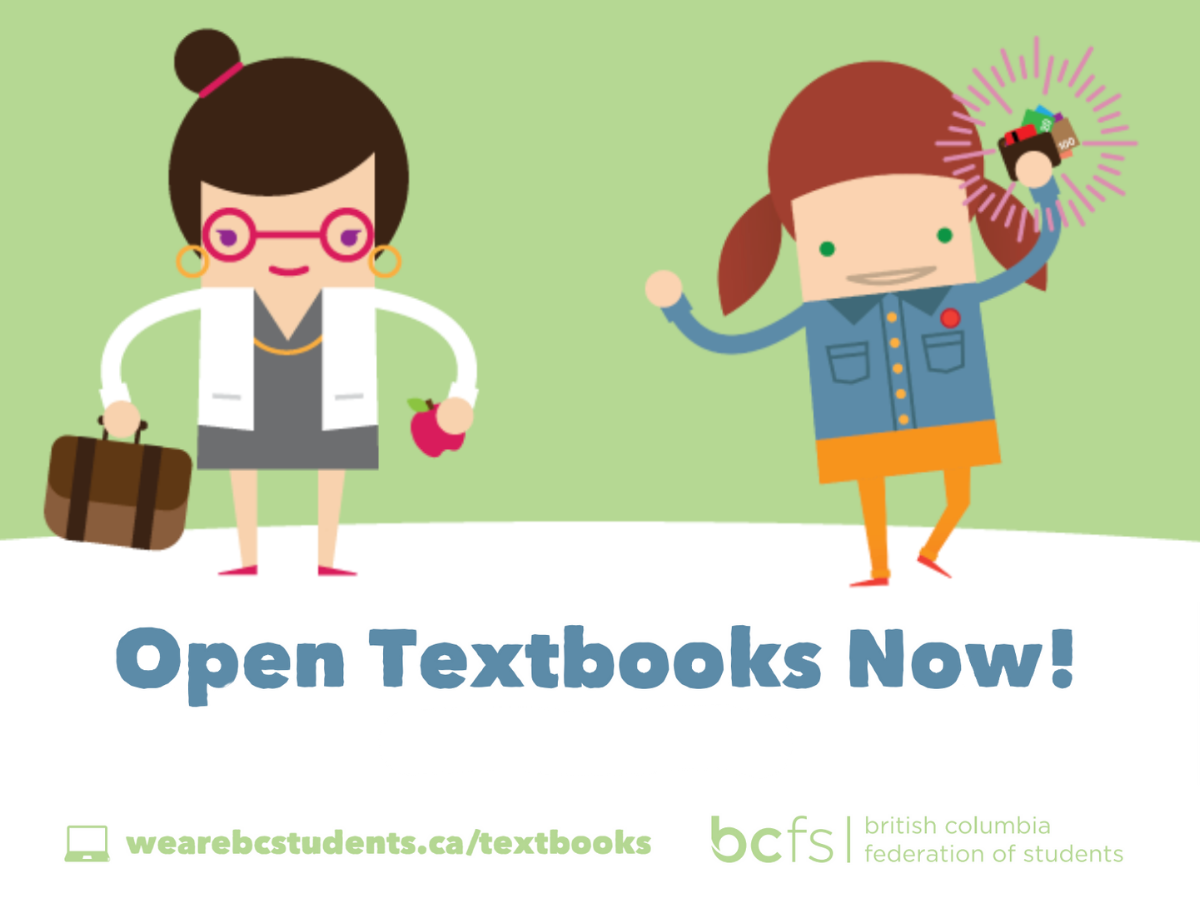
Supporting Campaigns.
Fairness For International Students
In BC and most of Canada, international tuition fees are unregulated and can increase at any time, with no notice. Domestic student tuition fee increases are capped at 2% annually under the BC government’s Tuition Fee Limit Policy. Meanwhile, tuition fees for international students in BC are not covered in this policy and have increased by 64% since 2006 and by 594% since 1991.
Are you an International Student studying in Canada? We want to hear about your experience, and what sort of challenges you have faced. Share your story anonymously and confidentially.
-
Due to government underfunding, institutions have come to depend on the revenue they receive from increasing fees for international students as a way of balancing their institution's budgets. However, unpredictable fees makes budgeting impossible for individuals and families, meaning some international students are forced to leave Canada before completing their studies. These figures illustrate that while international university students only account for one fifth of BC university enrolment, they contribute almost half of BC universities’ tuition fee revenue.
-
Regulating international student fees is not just about keeping education affordable for all students, but also about recognizing the richness international students bring to BC society and protecting their economic contributions needed to build the BC of tomorrow. International students in post-secondary education pay significantly higher tuition fees than their domestic peers; in fact their fees generate a profit for each respective institution that is used to offset reduced public funding. Additionally, these students pay vast sums into the local economies across BC on such staples as housing, food, transportation, and entertainment.
-
International students pay as much as 5 times the fees paid by domestic students.
International students make up 20 percent of all students in BC, but are paying nearly half the total tuition fee revenues.
Based on the latest calculations, in 2017 alone, international students in BC:
added $4.15 billion in spending,
created 31,400 jobs, and
contributed $2.37 billion to the provincial GDP.
Open Textbooks Now!
Those traditional materials become an additional barrier for those who would like to attend certain courses. Utilizing the Open Education Resources (OERs) that were available, not only did help students to have some financial pressure removed, but it was also a great resource for instructors to explore and customize their teaching materials and curriculums.
-
Open Education Resources (OERs) are teaching resources that have an open copyright licence, or they are part of the public domain and have no copyright. OERs can be freely accessed, used, re-mixed, improved, and shared. [*]
OERs come in many forms: full courses, lesson plans, textbooks, online simulations, etc. Faculty can use these customizable textbooks in place of traditional textbooks which greatly reduces academic material costs for students.
According to the BC Campus and BC Federation of Students (BCFS), “since 2002, the cost of textbooks has nearly doubled. In fact, 26% of BC students choose to not register for a course due to textbook costs, which negatively impacts their academic careers. There is a solution to this problem: the implementation of Open Education Resources (OERs).”
[*]Source: BC Campus - https://open.bccampus.ca/what-is-open-education/what-are-open-educational-resources/
-
BCcampus, an agency of the BC government, is tasked with centralizing efforts to create and enhance open education resources in the province. In 2012 the government provided one million dollars to initiate the open textbook initiative and added an additional one million in 2013 to further grow the project. Since that time, open textbooks have saved students over $9 million collectively through traditional, high-cost textbooks being replaced with OER options. More funding will result in more resources and save students money one class at a time! All it takes to expand the program is a commitment from instructors and administration to make saving students money a priority.
Join the online provincial conversation on OERs by following #textbookbrokeBC, and share your experience with OERs








